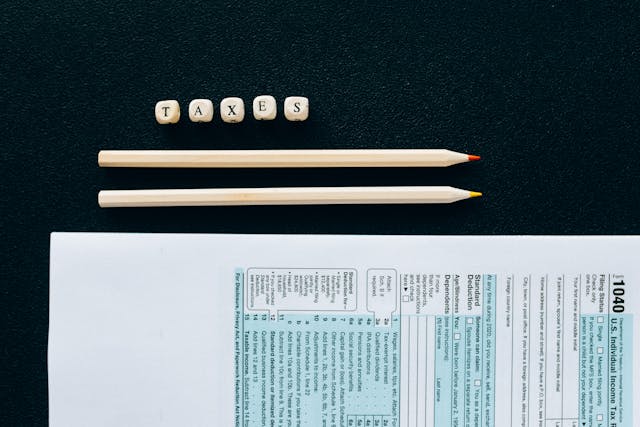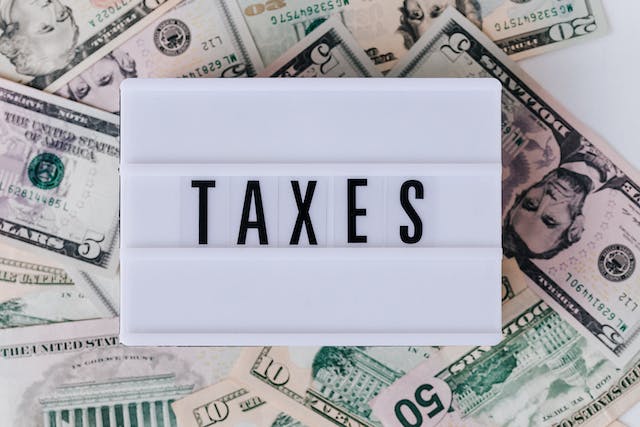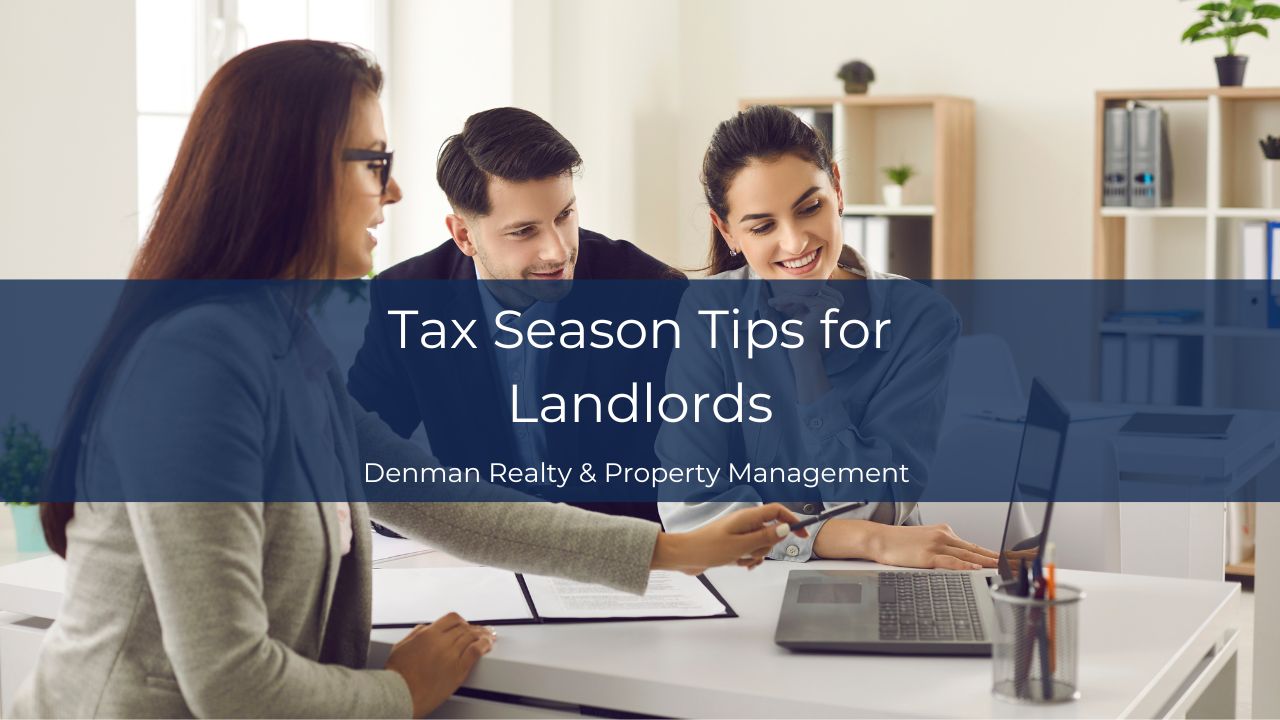Key Takeaways
- Organization is Essential for Tax Success – Landlords should separate personal and business finances, keep thorough documentation, and maintain clear records of income, receipts, invoices, and mileage to maximize deductions and stay compliant.
- Know What’s Taxable and Deductible – Rental income includes more than just monthly rent, while expenses like repairs, property taxes, mortgage interest, and property management fees can be deducted. Understanding depreciation and how it applies over time is also key to reducing taxable income.
- Plan Proactively to Avoid Penalties – Staying informed about federal, state, and local tax laws, filing the right forms, and preparing for estimated taxes can help landlords reduce stress during tax season and protect their returns.
For some landlords, tax season is a stressful period. As if the day-to-day running of a rental property isn’t enough, you then have to gather receipts, the 1099s, and assess the things that will qualify for tax deductions.
The good news is that you can use this season as an opportunity to increase your returns if you use the right strategy. It doesn’t matter whether you only have a small portfolio or manage a series of rental properties, you can benefit from tax season if you do it right.
In this article, we at Denman Realty and Property Management will walk you through this process and share some useful tax season tips!
Understand What Counts as Rental Income
It is essential to know the items that are taxable from your rental income. First, when you rent out a property, the income from it is taxable.

According to the IRS, the following income are taxable:
- Rent payments
- Advance payment for rents
- Services provided to tenant instead of rent
- Tenant-paid owner expenses
- Fees for cancelling lease
- Security deposits kept to fix property damages
It is essential to note here that security deposits refunded to tenants do not count as income. However, if the landlord keeps part of it to fix any damage, it counts as income and that aspect kept is taxable.
Keep Records of Every Deductible Expense
As a landlord, you are legally allowed to earn money through numerous tax deductions, but you need to provide records. Some of the common tax-deductible expenses include:
- Repairs and maintenance
- Depreciation
- Utilities paid by the landlord
- Property taxes
- Interest on Mortgage
- Travel expenses to the property
- Insurance premium
- Professional services (accountant or attorney)
- Property management fees
- Cost of adverts for vacant units
When considering deductions, avoid mixing up upgrades with repairs. Repairs are tax-deductible the same year whereas upgrades/ renovations are depreciated over time.
Know How To Benefit from Depreciation
Even when the rental property is increasing in value, landlords can deduct a portion of their property’s cost yearly as depreciation. According to the IRS, if the property is residential, landlords are allowed to depreciate the structure over a period of 27.5 years.

If you’re considering this strategy, discuss your long-term goals with an accountant because this depreciation will be recaptured when you are selling the rental property.
Separate Your Personal and Business Finances
If you want to track your business income and expenses, then it’s advisable to have a dedicated bank account and credit card for this purpose. Doing so will help you simplify the bookkeeping, streamline the use of spreadsheets or property management software, quickly access write-offs, and have more credible records for audits.
Document Everything Pertaining to the Rental Property
Without proof, you cannot make reasonable deductions on your tax returns. As such, document the following:
- 1099 issued to contractors
- Lease agreements
- Utility bills you paid
- Bank statements and credit card statements
- Digital and paper receipts
- Contractor invoices
- Property-related mileage logs
- Deposit slips and rent payments (for proof of income)
Know the Appropriate Forms to File
There are several forms to fill during the tax season. However, you can report them all on one Schedule E if you have numerous rental properties. Just make sure to list them separately. Below are the common IRS forms you should expect to use:
- Form 1040 (Schedule E): Use to report rental property income and expenses
- Form W-9: Every contractor will should give you this form before you pay them
- Form 1099-NEC: File this form if you paid contractors $600 and above in one year
- Form 4562: To claim amortization and depreciation
Travel and Deduct Millage Appropriately
If you travel to meet a contractor or drive to perform activities on the rental, you can deduct those miles.

There are 2 ways the IRS permits landlords to deduct mileage:
- Actual expense method (insurance, gas, and repairs).
- Standard mileage rate (70 cents per mile for 2025).
The simplest method is the standard mileage rate, but it requires documentation like date, purpose, and mileage. Additional deductions include meals, lodging, airfare, for visits to properties that are out of town, only when they are related to the business.
Plan Ahead for Estimated Taxes
In situations landlords may owe quarterly estimated taxes if the rental income exceeds expenditures. You can use the IRS Form 1040-Es or estimate your tax liability to stay compliant. You should also remain up-to-date on various deadline to ensure that you don’t miss anything and incur accidental penalties.
Understand State and Local Tax Laws
Although most people only focus on federal taxes, state tax rules apply and can vary. Look out for state-specific credits or deductions, state income taxes, property tax appeals and assessments, and local occupancy taxes.
Additionally, you may have to file taxes in two states if you’re a long-distance landlord with multiple rental properties. Working with local property management companies can help you keep your document, deadlines, and location specific regulations in order.
Bottom Line
Owning a rental property is a business so you have to treat it like one. For a smoother and productive business cycle and tax season, you need to be proactive and more organized. For better results, we recommend that you hire a property management company to help you with your bookkeeping and financial reporting. Contact our property management experts today to learn about our services!



